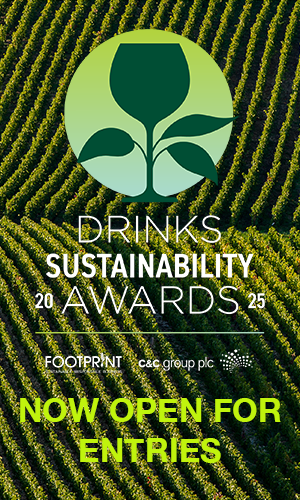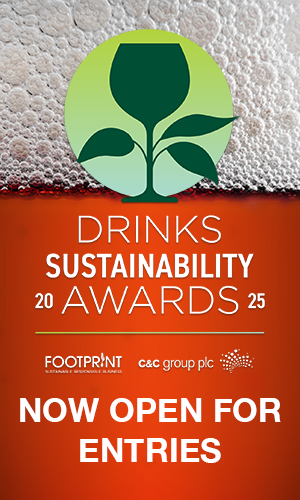ACCORDING TO a survey by Action on Sugar on the hidden sugars found in seemingly healthy children’s fruit juices, juice drinks, smoothies – over a quarter of products surveyed (57 of the 203 products) contain the same amount or more sugars than well known fizzy drank brands – which, the report suggests, contain 5 teaspoons of sugar per 200ml glass.
With one in five children aged 4-5 and one in three children aged 10-11 now overweight or clinically obese and tooth decay being the most common reason for children in England being admitted to hospital, Action on Sugar is urging parents to give children water or whole fruit instead of juice and manufacturers to reduce the level of sugars in their drinks, and to stop adding unnecessary sugars and calories.
Portion sizes vary greatly, however over half (117) of the drinks surveyed would receive a ‘red’ (high) label for levels of sugars per standard 200ml equivalent serving (6-7), including;
- Smoothie: Tesco Goodness Slurper Apple & Banana Fruit Smoothie Snack for kids (8 teaspoons per 200ml equivalent)
- Juice Drink: Rubicon Lychee Exotic Juice Drink (7 teaspoons per 200ml equivalent)
- Fruit Juice: Asda Chosen by Kids Tropical Juice From Concentrate (7 teaspoons per 200ml equivalent)
The report goes on to say that a quarter of children’s juices can contain at least six teaspoons of sugars (25g) per 200ml – the maximum recommended adult daily intake of free sugars as suggested in the SACN draft guidelines. Twenty-four of these products surveyed contain more than 25g sugars per 200ml equivalent.
Fruit juices do not need to be so sweet – products with less sugars are available if you read the label: for example Innocent 100% Apple Juice for Kids contains 15.6g of sugars per 200ml, a third (32%) less than Morrison’s Apple Juice From Concentrate which has 22.8g of sugars per 200ml.
Even though there is absolutely no need to add sugar to a product made with fruit, a quarter (59) of those surveyed also contained sugar or glucose-fructose syrup as an added ingredient. Fruit when consumed ‘whole’ is both naturally sweet and good for you, as it contains fibre and vitamins. When processed into fruit juice drinks, the sugars (fructose) in the fruit cell walls are released as ‘free sugars’ which damage your teeth and provide unnecessary calories; you take in more calories without feeling full.
Current UK guidelines state that a small (150ml) glass of unsweetened 100% fruit juice can count as one of your ‘5 a Day. This recommendation is wrong and should be withdrawn, the report argues. Only six products are actually sold in 150ml portion size packaging, which is of no help to parents trying to make a healthy choice for their children.
Chairman of Action on Sugar, Professor Graham MacGregor of the Wolfson Institute, Queen Mary University of London says, ‘It is a complete scandal that these drinks are marketed to children and parents as if they are ‘healthy’: this has to stop. We need to stop Britain’s childhood obesity epidemic spiralling out of control.”











